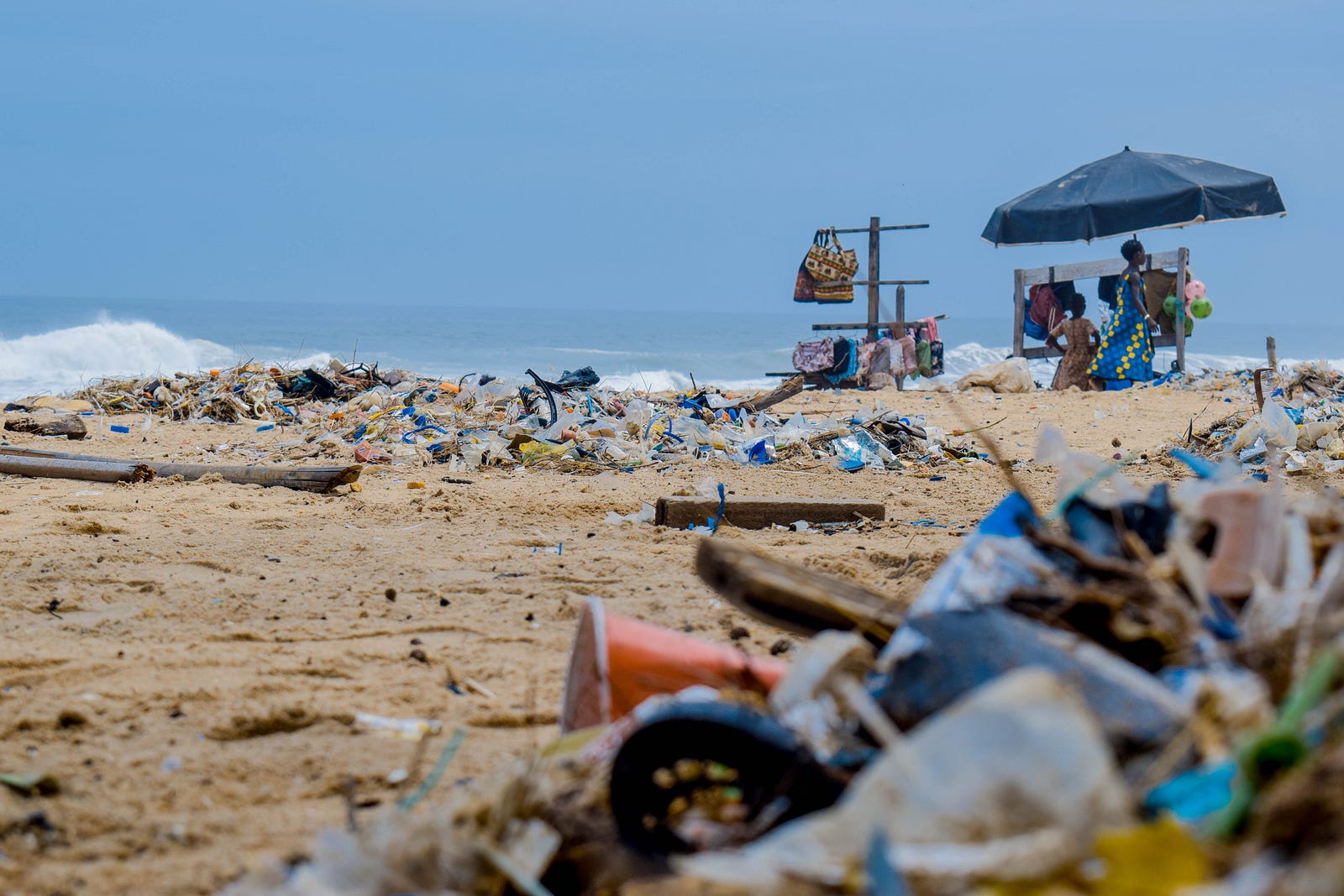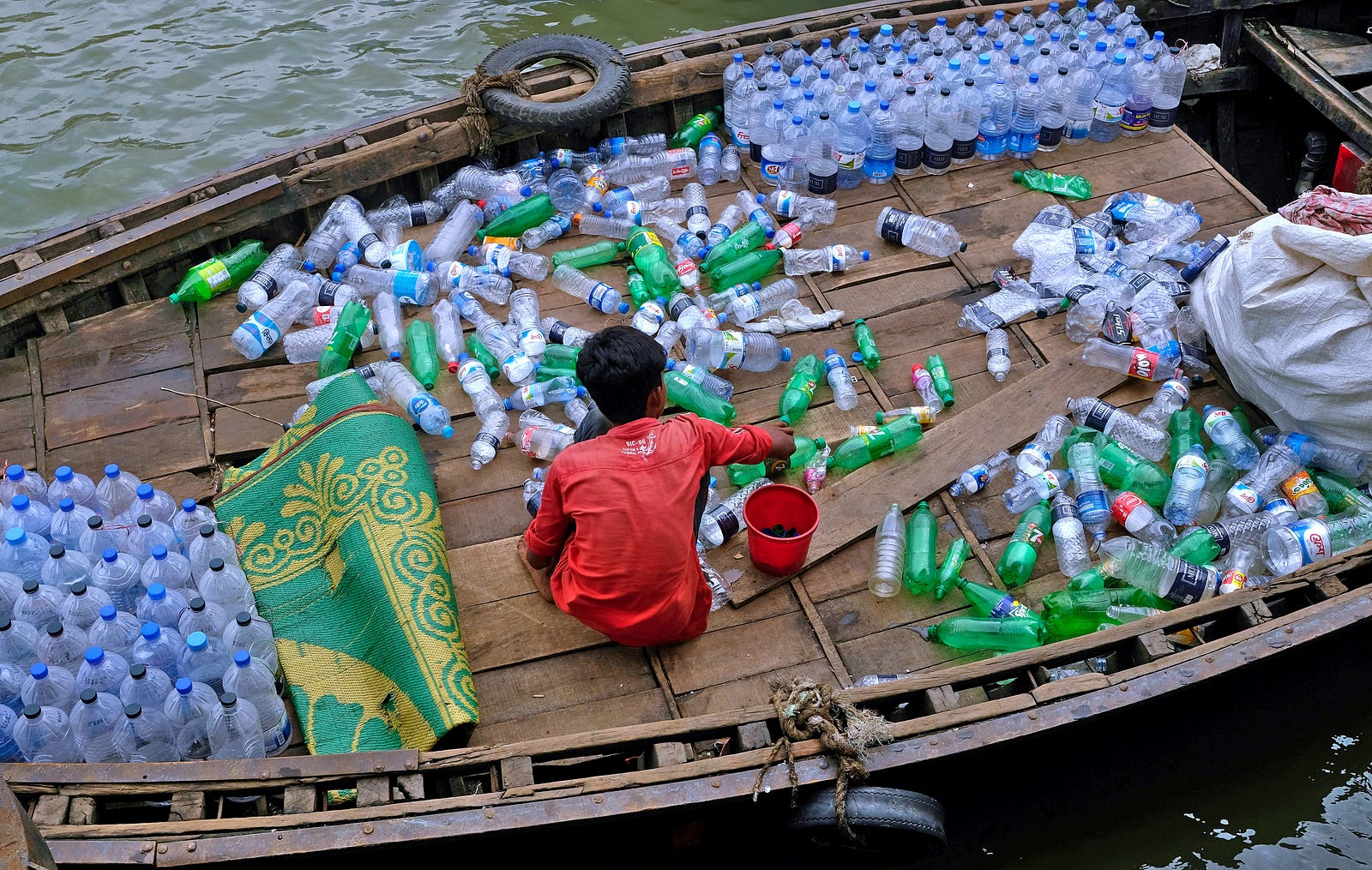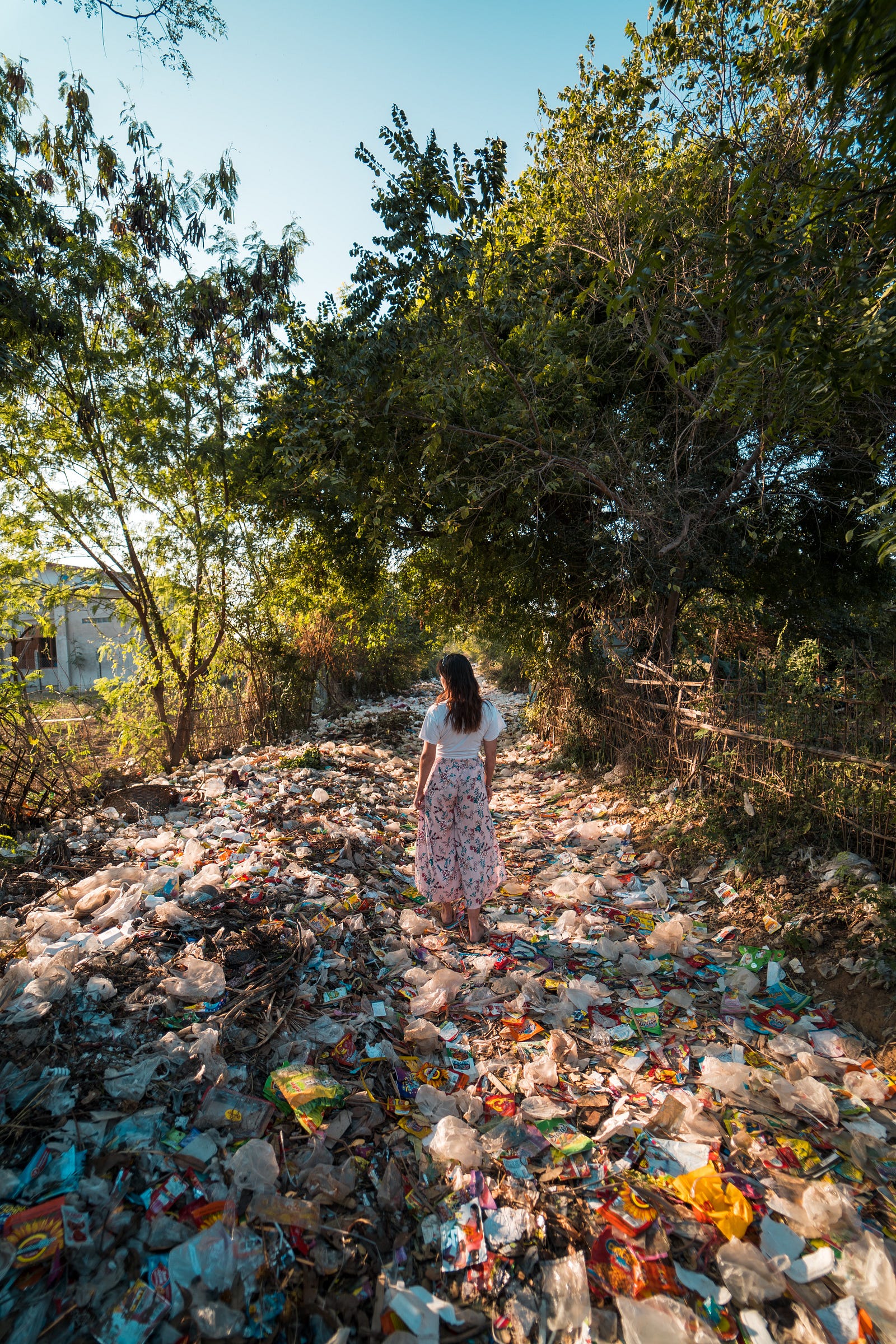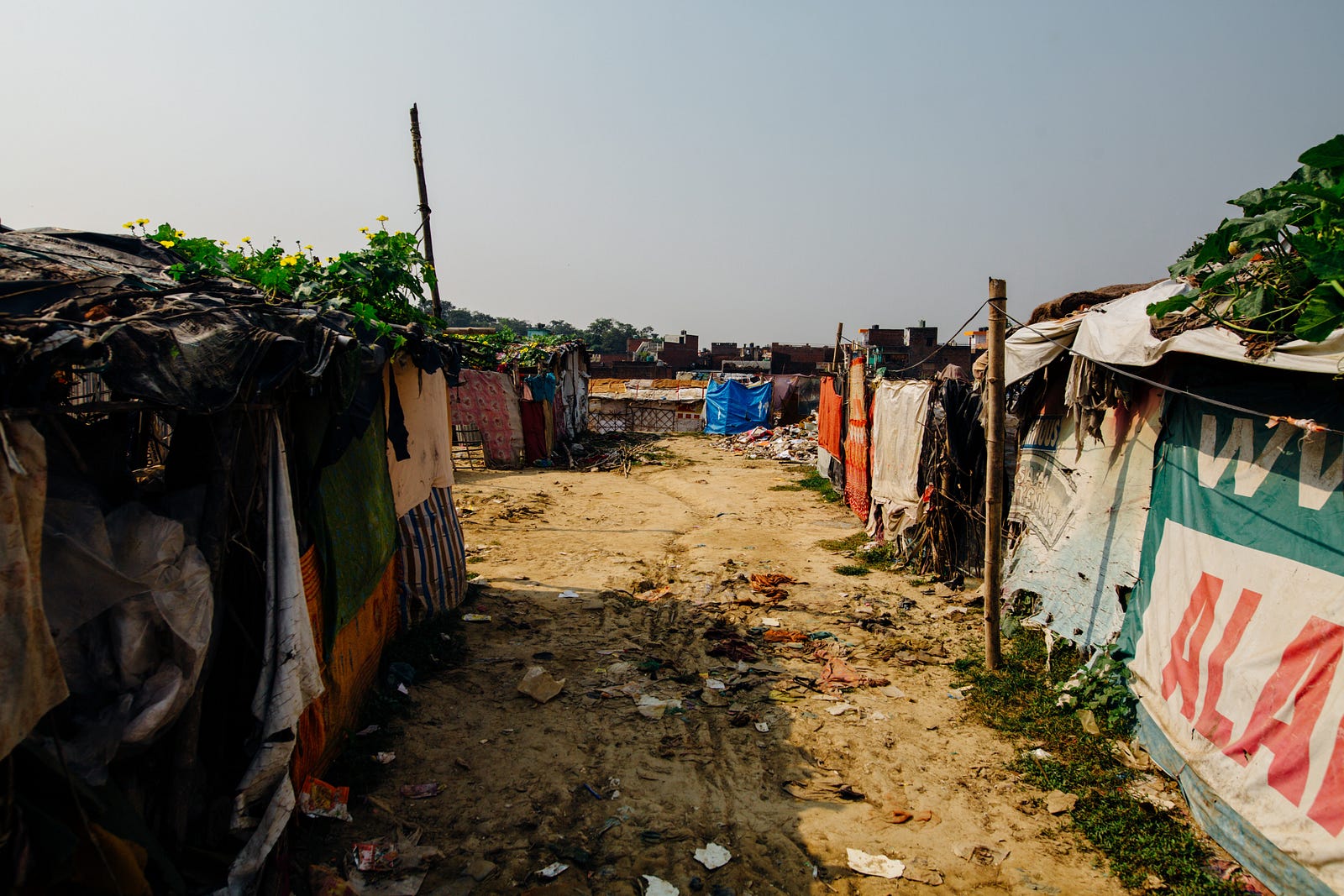India's Bold Move: Banning Single-Use Plastic to Protect the Environment

The Home of 1.3 Billion People Takes a Stand Against Plastic Waste
India, a country with a population of over 1.3 billion people, has taken a significant step towards protecting the environment by banning single-use plastic. The decision, announced by Prime Minister Narendra Modi, aims to tackle the growing plastic waste issue and promote sustainability across the nation.
In 2022, India made the bold move to ban single-use plastic, including items such as bags, straws, cutlery, and cups. This decision followed years of discussions and planning, with Modi initially vowing to abolish all single-use plastic by 2022 back in 2018.

India is taking a major step towards a cleaner, greener future by banning single-use plastic.
Critics have expressed concerns about the country’s readiness to adapt to such a significant change. However, India has demonstrated its commitment to environmental preservation by implementing this ban, which will have a positive impact on both the environment and public health.

The problem of plastic waste has been a growing concern worldwide, and India is no exception. The country generates around 26,000 tonnes of plastic waste daily, with only a fraction of it being recycled. This ban represents a vital move towards curbing the plastic pollution crisis and preserving the environment for future generations.
India generates around 26,000 tonnes of plastic waste daily, highlighting the urgency of addressing this environmental crisis.
In the wake of the ban, Indian society has experienced both challenges and opportunities. Many citizens have taken matters into their own hands, participating in beach clean-ups and raising awareness about the plastic pollution problem. They understand that the single-use plastic ban is just the beginning and that a collective effort is necessary to make a significant impact on the environment.

Through the single-use plastic ban, India sets a powerful example for other nations to follow in the fight against plastic pollution.
The environmental benefits of the ban are evident, and India’s actions can serve as a model for other countries. By eliminating single-use plastic, India is actively reducing the amount of plastic waste that ends up in landfills, oceans, and rivers. This bold move has the potential to inspire other nations to take similar action, collectively making a difference in the fight against plastic pollution.

India’s ban on single-use plastic is a pivotal moment in the global fight against plastic pollution and a testament to the country’s commitment to environmental preservation.
In summary, India’s decision to ban single-use plastic is a crucial step in combating plastic pollution and promoting a sustainable future. While there may be challenges ahead, the country’s dedication to preserving the environment is a commendable effort that will have long-lasting positive effects. As a nation with over 1.3 billion people, India’s actions serve as an essential example for other countries to follow in the fight against plastic waste.
By taking this bold step, India has shown the world that it is ready to lead in the fight against plastic waste. As businesses in the UK and beyond look for ways to support the global environment, TFix is here to help with our technical aftermarket support services. Together, we can all do our part in promoting a sustainable future.